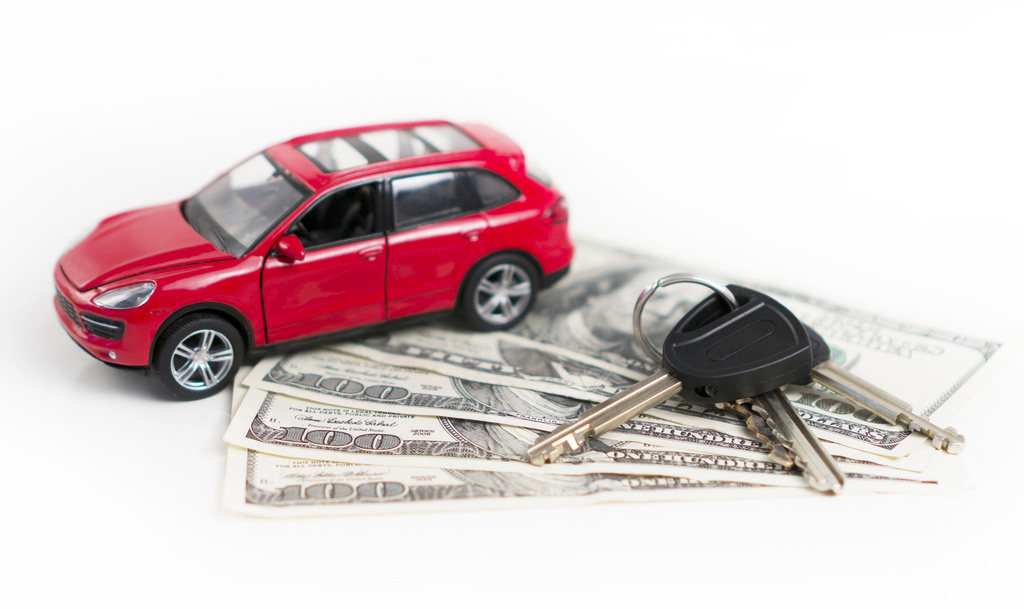Nowadays, leasing or buying can get you behind the wheel of a vehicle of your interest. And there are several factors to consider prior to deciding on the option to go for. But this decision of whether to lease or to buy will be up to you. You’re the boss here. Here are 4 pros and cons of leasing a vehicle to help you make an informed decision.

Pros of Leasing a Vehicle
- Less Monthly Payments
By leasing a vehicle, you’ll only be paying for the depreciation that takes place during the term hence the low payments. These payments are way less than what you’d pay if you opt to buy the vehicle. Due to this, you can be able to drive a classy vehicle than what you’d afford if you opt to buy the vehicle.
- Maintenance and Warranty Coverage Are Catered For
Leasing a vehicle will save you on the costs of repairs since the dealership department normally responds to occurring problems if any. Manufacturer’s warranty will, most probably, still cover for the maintenance of the vehicle provided you haven’t exceeded the limit of the miles driven.
- Reasonable Down Payment
The amount of down payment required when leasing a vehicle is far less than what you’d pay if you opt to buy. And what’s more interesting is the fact that you can negotiate the amount due at signing, probably based on your personal finance. But it’s always advisable that you make a small down payment as possible.
- You’ll Save On Sales Tax
Depending on the state you’re from, you can save a good amount of money on sales tax. If you opt to buy the vehicle, you’ll be required to pay the sales tax for the whole price for purchasing the vehicle. Perhaps you can consult a tax professional in your state to know the specific tax laws in the area.
Cons of Leasing a Vehicle
- You’ll Not Own It
You’ll only be allowed to drive the vehicle – provided you obey the contract obligations – but the ownership remains with the leasing company. This means that you’ll not be entitled to any payment in the event of the vehicle being stolen or totaled. Because the leasing company is entitled.
- Its Usage Is Restricted
The leasing company inputs a lot of limitations concerning what to drive for and where you drive the vehicle. You’ll have to check with the company if the intended purpose for leasing the vehicle is allowed before signing the lease agreements.
- You Can’t Customize
You could be desiring to have a unique car with fancy wheels and other customized features, perhaps, depending on your lifestyle. Well, this will be difficult with a leased vehicle as you’ll be required to return the vehicle exactly as it left the leasing company, less, of course, the normal wear and tear.
- Strict Mileage Limits
The leasing company will limit you on the miles you must not exceed over the term of the lease. And what happens if you exceed the limit? There are respective charges depending on the leased vehicle. And again, if during the time you’ll be returning the vehicle you’ll have driven way under the mileage cap, you’ll have to pay for the miles you didn’t drive. Really? Oh yes.Want an advice? Drive until you reach the limit.
Conclusion
By now you should be able to decide which option will be most suitable for you, buying or leasing a vehicle. These points will guide you to make a decision you’ll not regret in the near future. So, before concluding on the best option, ensure to consider if the option will not be an inconvenience in one way or another. Good luck!






